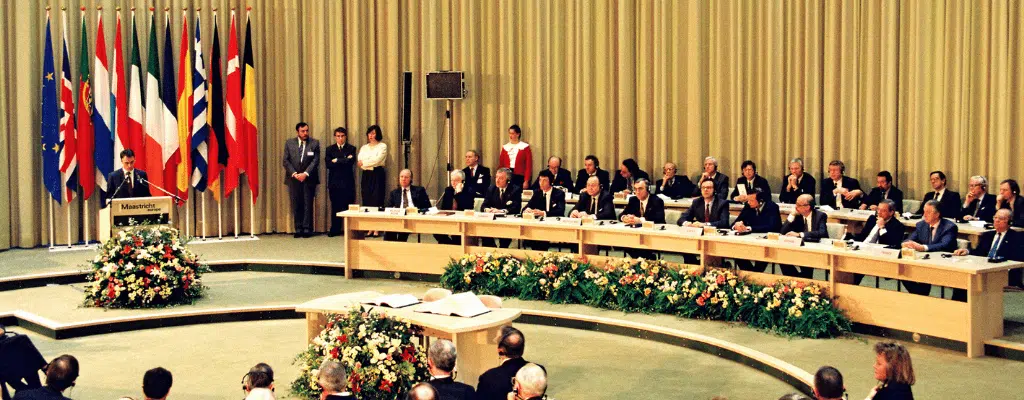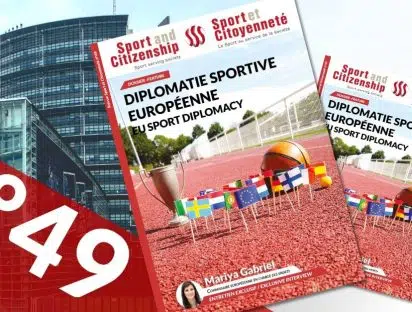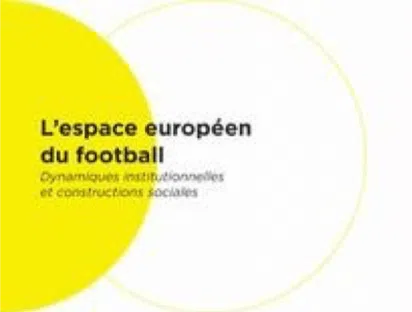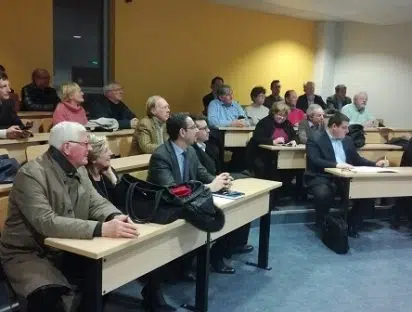Call for Papers/expression of interest:
The 30 years of the Maastricht Treaty
Date: 8-9 February 2022 (Tuesday – Wednesday) Venue: Online via TEAMS Conveners: EU*Asia Institute at ESSCA School of Management Extended deadline for abstract submissions: Sunday, 9 January 2022

Photographer: Christian Lambiotte © European Union, 2021
The Maastricht Treaty – what started as a great leap of faith, is now an integral part of the European Union. Nowadays, many European citizen associate the European Union with the Euro and they enjoy the free movement inside of the EU borders to explore working possibilities abroad. In a nutshell, the Maastricht Treaty was one of the major pushes towards European unification which becomes apparent from the fact that the term European Union also has its origin in the Maastricht treaty.
While the Treaty came into force in 1993, it was originally signed on 7 February 1992. Exactly 30 years after, it is a good moment to re-consider and evaluate this epochal event in European integration history.
The European Union of 2022 is considered to be in permanent crisis mode. While it has successfully managed to preserve its unity over the long Brexit negotiations and during the process of defining the scope and contour of the post-COVID recovery plan, it has had great difficulty to come up with a coherent migration policy, and respond to democratic backsliding tendencies within some member states, as well as strategic challenges at its external borders.
At the same time, political parties that are openly anti-integration, often qualified as “populist”, seem to have established themselves in the political spectrum across the Union. Many of the criticisms expressed by these voices were already audible during the negotiation and ratification processes of the Maastricht Treaty.
In this context, the EU*Asia Institute at ESSCA School of Management is organising a two-day workshop on 8 and 9 February 2022 on the legacy of this milestone in the history of the European unification process and its ongoing repercussions on the EU today. The academic workshop will be preceded by a public (online) event on the 30th anniversary of the Maastricht Treaty on the evening of 7 February (in French language), to which workshop participants are cordially invited.
We are looking for contributions from scholars and practitioners in the field of political science, economics, and legal studies.
Contributions should address one of the following themes:
- European Economic Community
- Monetary Union
- Foreign and security policy
- Justice policy
- Anti-integration discourses
- Franco-German cooperation
- Sustainability policies
- General analysis of the role of the Maastricht Treaty for the unification process and international collaboration in Europe.
The aim of this workshop is to generate a panel for the upcoming UACES conference in Lille. Afterwards, we are considering a joint publication of the contributions of the workshop.
Please send an abstract of 150-200 words to Christoph Weber (Christoph.WEBER@essca.fr)
EXtended deadline for paper proposals: Sunday, 9 January 2022
You will be notified if your application has been successful by Friday, 14 January 2022.
There are no registration fees for this workshop.
« * » indique les champs nécessaires




